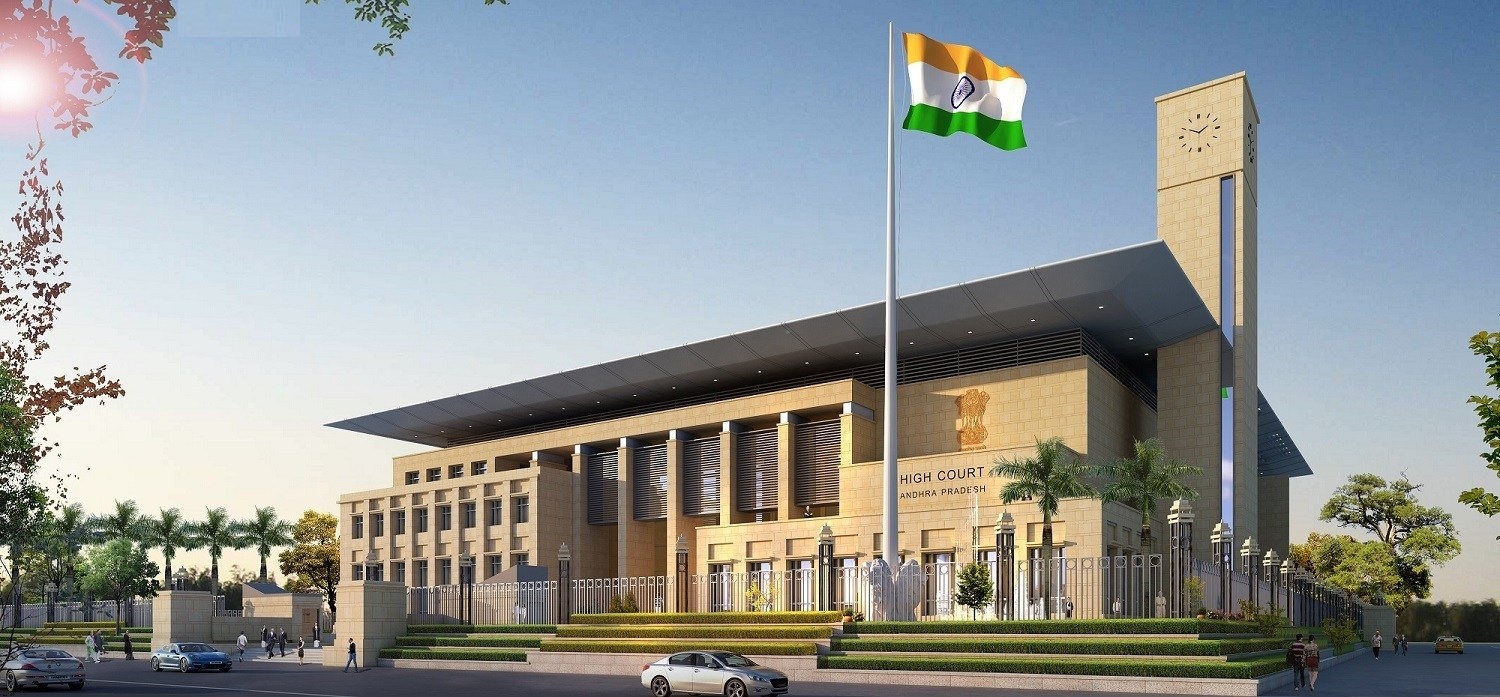-
by Admin
15 February 2026 5:35 AM



The Andhra Pradesh High Court has upheld the conviction of Mamidibattula Suguna in a cheque dishonour case under Section 138 of the Negotiable Instruments Act, 1881. The judgment, delivered by Justice V. Srinivas, reaffirms the trial and appellate courts’ findings and emphasizes the statutory presumption of debt or liability under Section 139 of the N.I. Act. The court directed the petitioner to pay compensation of Rs.76,000 within one month in lieu of the original three-month imprisonment sentence.
Credibility of Evidence and Presumption Under Section 139 N.I. Act: The court underscored the significance of the presumption under Section 139 of the N.I. Act, which assumes that a cheque is issued for the discharge of a debt or liability unless proven otherwise. “The burden to rebut this presumption lies on the accused, and mere self-serving statements are insufficient,” Justice Srinivas remarked. The court noted that the petitioner, despite being a postgraduate, failed to provide a credible explanation or rebuttal.
Issuance of Cheque and Statutory Notice: The court found no merit in the petitioner’s claim that the cheque was issued as surety for her husband’s debt. The petitioner admitted to issuing the cheque and receiving the statutory notice but did not respond to the notice. “Non-reply to the statutory notice can lead to an adverse inference against the accused,” the court observed.
Revisional Jurisdiction and Limits of Reappreciation: Justice Srinivas emphasized the limited scope of revisional jurisdiction, stating, “The revisional court should not reappreciate evidence or interfere with concurrent findings unless there is a manifest error of law or gross injustice.” The court found no such errors in the judgments of the lower courts.
The court referenced key judgments, including ICDS Ltd. V. Beena Shabeer and M.S. Narayana Menon @ Mani v. State of Kerala, to reinforce the principles surrounding cheque dishonour cases. It upheld the conviction but modified the sentence to direct the petitioner to pay compensation instead of serving imprisonment, aligning with the compensatory and restitutive objectives of the N.I. Act.
Justice Srinivas stated, “The presumption under Section 139 N.I. Act is a robust legal tool, placing the onus on the accused to prove the cheque was not for debt or liability. The petitioner failed to discharge this burden.”
The Andhra Pradesh High Court’s decision in this case reaffirms the judiciary’s commitment to uphold the statutory provisions of the N.I. Act, particularly the presumption under Section 139. By directing compensation in lieu of imprisonment, the judgment strikes a balance between punitive and compensatory justice. This ruling is expected to serve as a crucial precedent for similar cases, reinforcing the legal framework governing cheque dishonour offences.
Date of Decision:9th May 2024
Mamidibattula Suguna vs. Ganjala Purnachandra Rao and Others
